Every major artist has at least one album that critics and fans routinely dismiss. Yet sometimes they’re records we secretly cherish the most and, when judged strictly on their own merits, reveal themselves to have been badly wronged. To redress the balance, MOJO have made the case for some of the most unfairly snubbed and reviled albums ever. Have a read and listen with fresh ears and you might be pleasantly surprised…
20.
Frank Sinatra
Cycles
(Reprise, 1968)
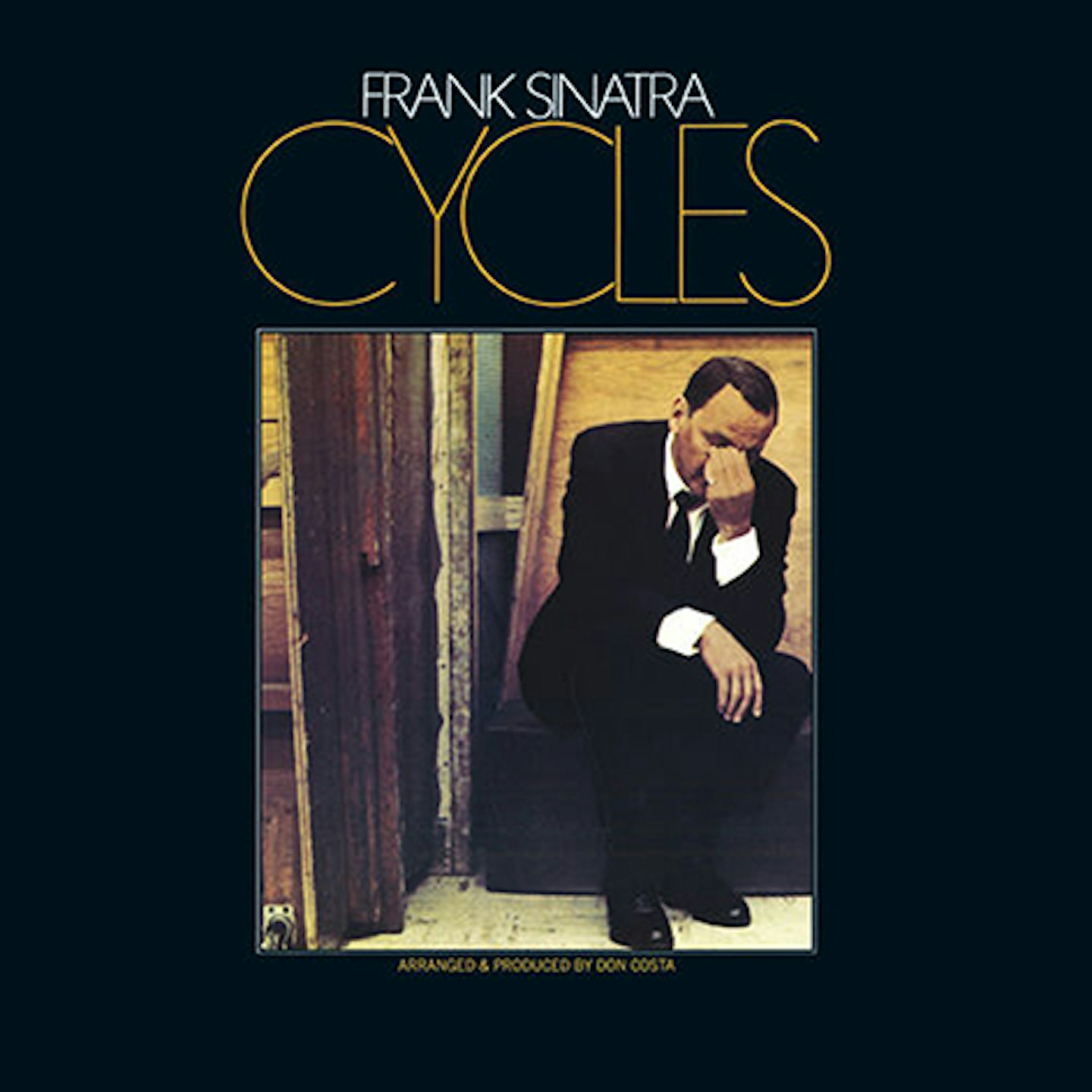
With Tom Jones muscling onto his Vegas turf and Elvis reborn as a leather-clad rocker, Frank Sinatra was forced to react to the zeitgeist, tackling contemporary material by writers including Jimmy Webb, John Hartford and Joni Mitchell, whose long-haired connotations shocked fans and reviewers on release. But Cycles is much more than a desperate attempt to move with the times, with Sinatra’s simple, emotional phrasing revealing a compelling moment of vulnerability (that August, he’d divorced third wife Mia Farrow). Rain In My Heart resonates with the agony of presenting an unruffled public façade. Webb’s By The Time I Get To Phoenix – an epic of roaming freedom in other hands – turns to sadness and self-defeat, while on Mitchell’s Both Sides Now we hear the macho Brat Packer of old searching for existential meaning. Cycles is often described as Sinatra’s moment of weakness. That’s true, but it’s precisely what makes it great art.
Best track: Rain In My Heart
19.
Jimi Hendrix
Band Of Gypsys
(Track/Polydor, 1970)
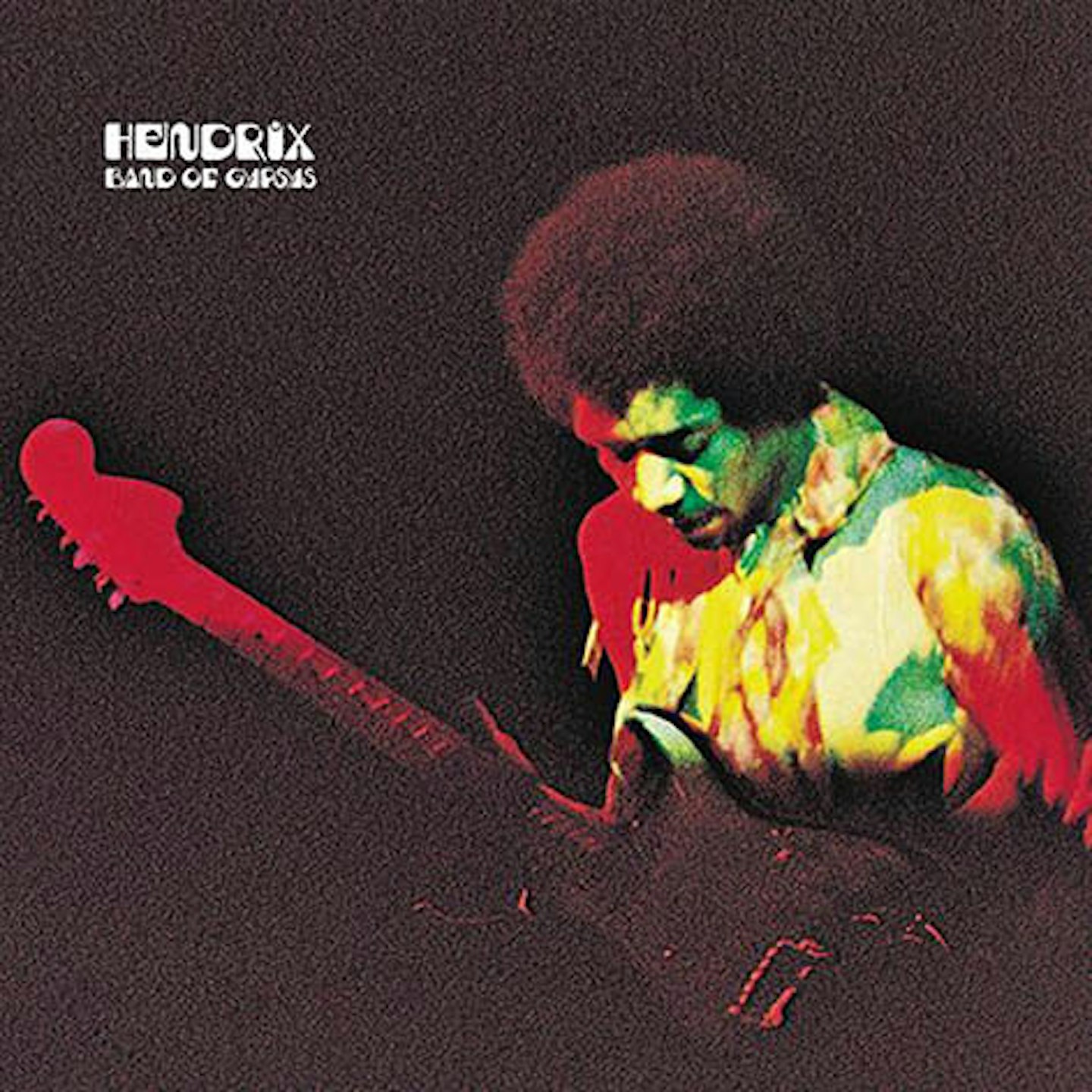
Frustrated by success, disappointed at the world, Jimi Hendrix bowed out with a contract-filling live record - an awkward, tantalising coda to an explosive career which changed the face of music. It’s unlikely Hendrix would have wanted Band Of Gypys to be presented as his last will and testament (he died six months after its release), but backed by his old Army buddy Billy Cox and drummer Buddy Miles, its R&B-leaning mix was no less than Jimi’s soul at 33rpm: stuck on a groove-thang (Who Knows), ferocious and politicised (Machine Gun), still flying his freak banner (Message Of Love). As any fan can attest, there are no shortages of crap live records out there attempting to make a quick buck out of the dearth of Hendrix studio material, but Band Of Gypsys aint one of them.
Best track: Who Knows
18.
Wings
Wild Life
(Apple, 1971)
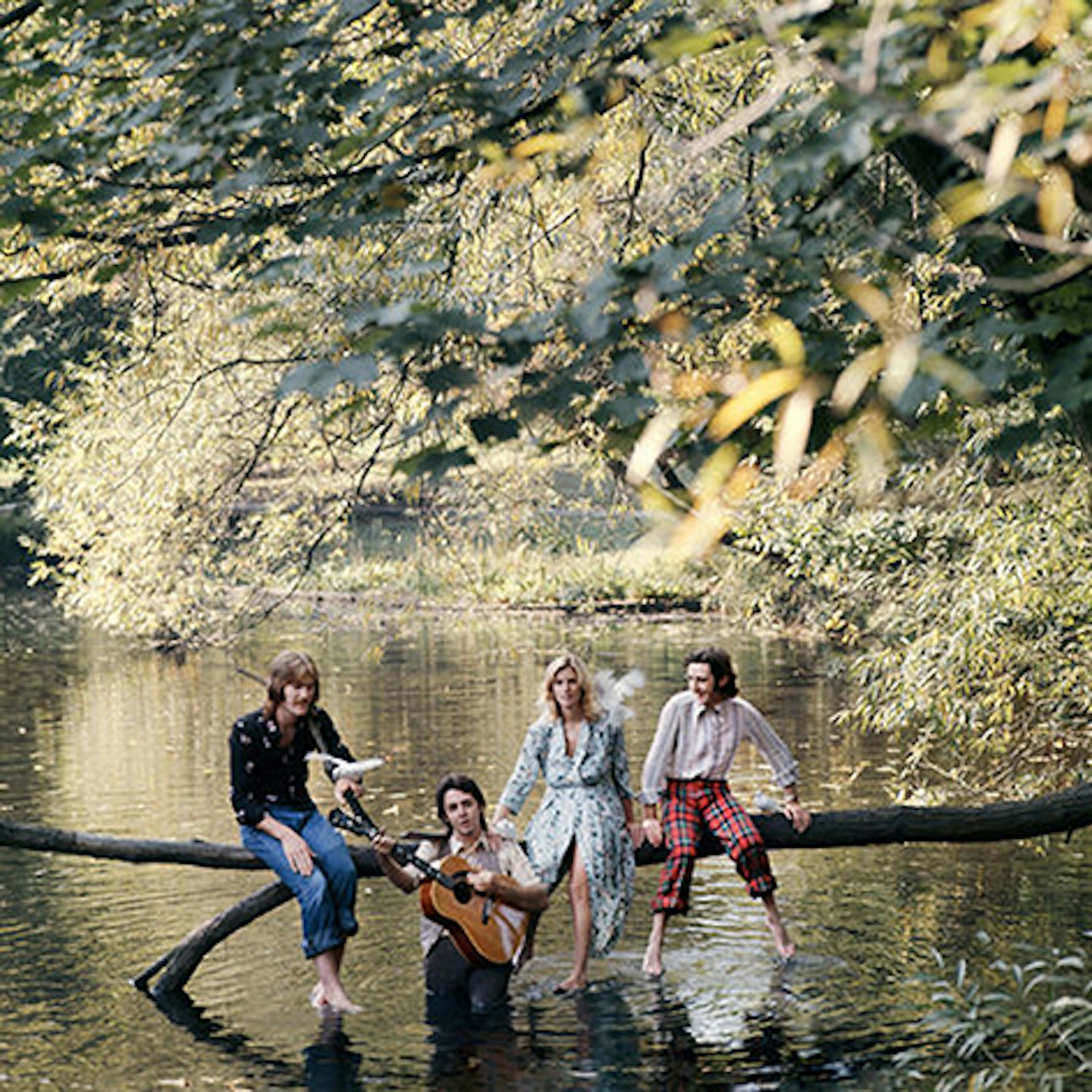
Written, rehearsed and recorded in double quick time (inspired by Bob Dylan’s then working methods according to Paul McCartney), such was the loose off-the-cuff nature of Wings’ first album that Rolling Stone magazine wondered whether it was “deliberately second-rate”. That both misses Wild Life’s homely rustic charm and McCartney’s smart pivot away from the pressures of having to follow up the greatest group of all time. The reggae-fied version of Mickey and Sylvia’s Love Is Strange here is brilliant, Some People Never Know is as gorgeous and uncomplicated a love song as Macca has written, while the intriguing the tangle of material contained in the songs that close its two sides show that 18 months after the messy disillusion of The Beatles, McCartney was back in love with the simple joys of making music.
Best track: Love Is Strange
17.
John Lennon and Yoko Ono
Sometime In New York City
(Apple, 1972)
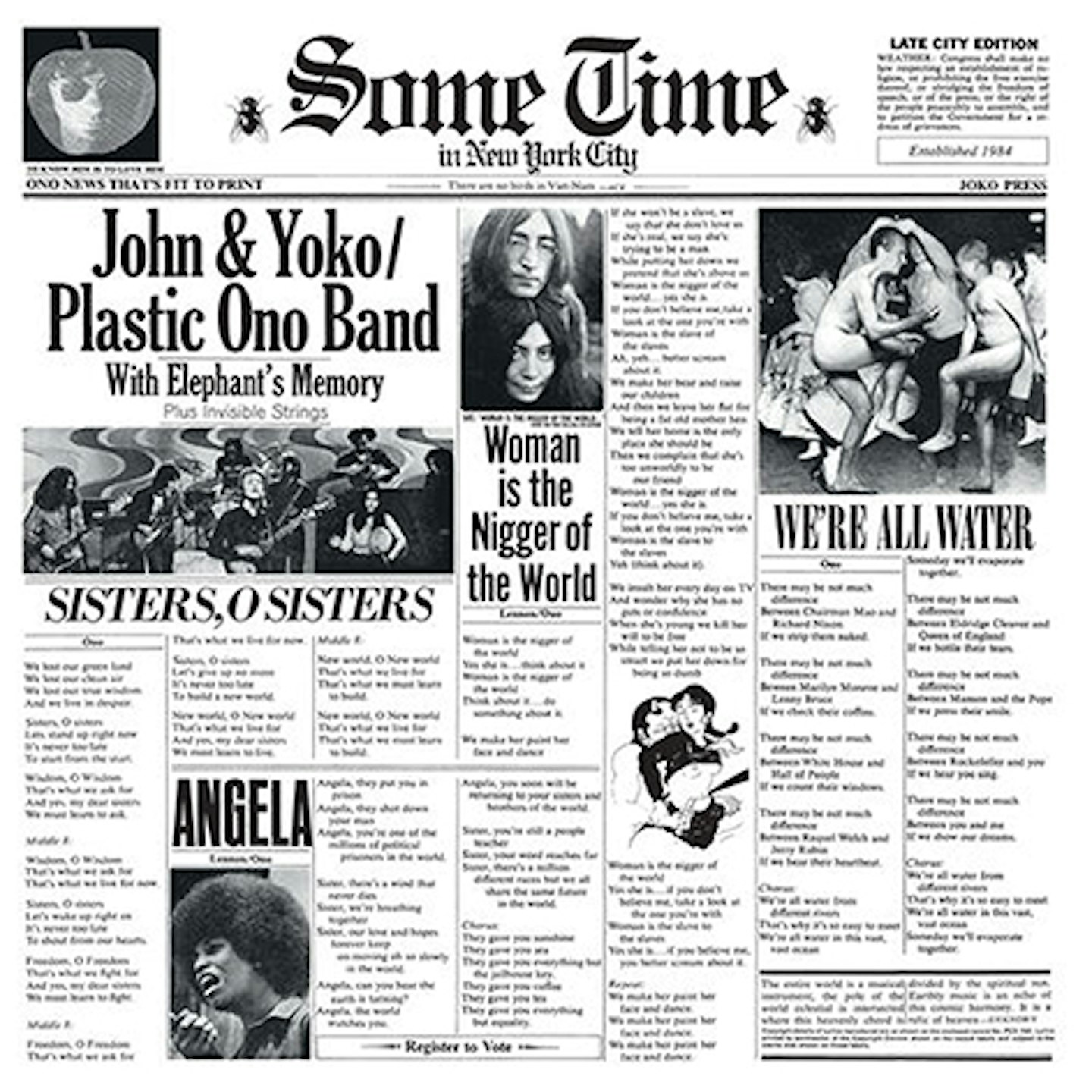
Perhaps unthinkable given the general modern-day thinking that all things Fabs are, well, fab, John Lennon’s solo output featured its fair share of critical turkeys (cold and otherwise) at the time. Coming off the back of Imagine, Sometime In New York City was knee deep in right-on politics and – as the consensus at the time went – unforgivably short on songs. “Another crude, superficial look at trendy leftist politics...” read one review, while the NME’s Tony Tyler went as far as to pen the former Beatle an open letter titled: “Lennon, you’re a pathetic, ageing revolutionary.” John Lennon was 32 years old.
-
READ MORE: 20 Ways John Lennon Changed The World
Listening back now though, and Sometime In New York City sounds tough and unapologetic - exactly as a great album should. Opener Woman Is The Nigger Of The World smacks you in the face with both an aggressive manifesto and a lovely tune. Likewise, The Luck Of The Irish and John Sinclair, a whacked-out slide blues written in support of the MC5’s manager, facing a ten year stretch for possession of marijuana. New York City, meanwhile, is a relentless steam train of a song that links Jerry Lee Lewis and Lou Reed. All we’re saying, is give it a chance.
Best track: New York City
16.
Van Morrison
Hard Nose The Highway
(Warner Bros. 1973)
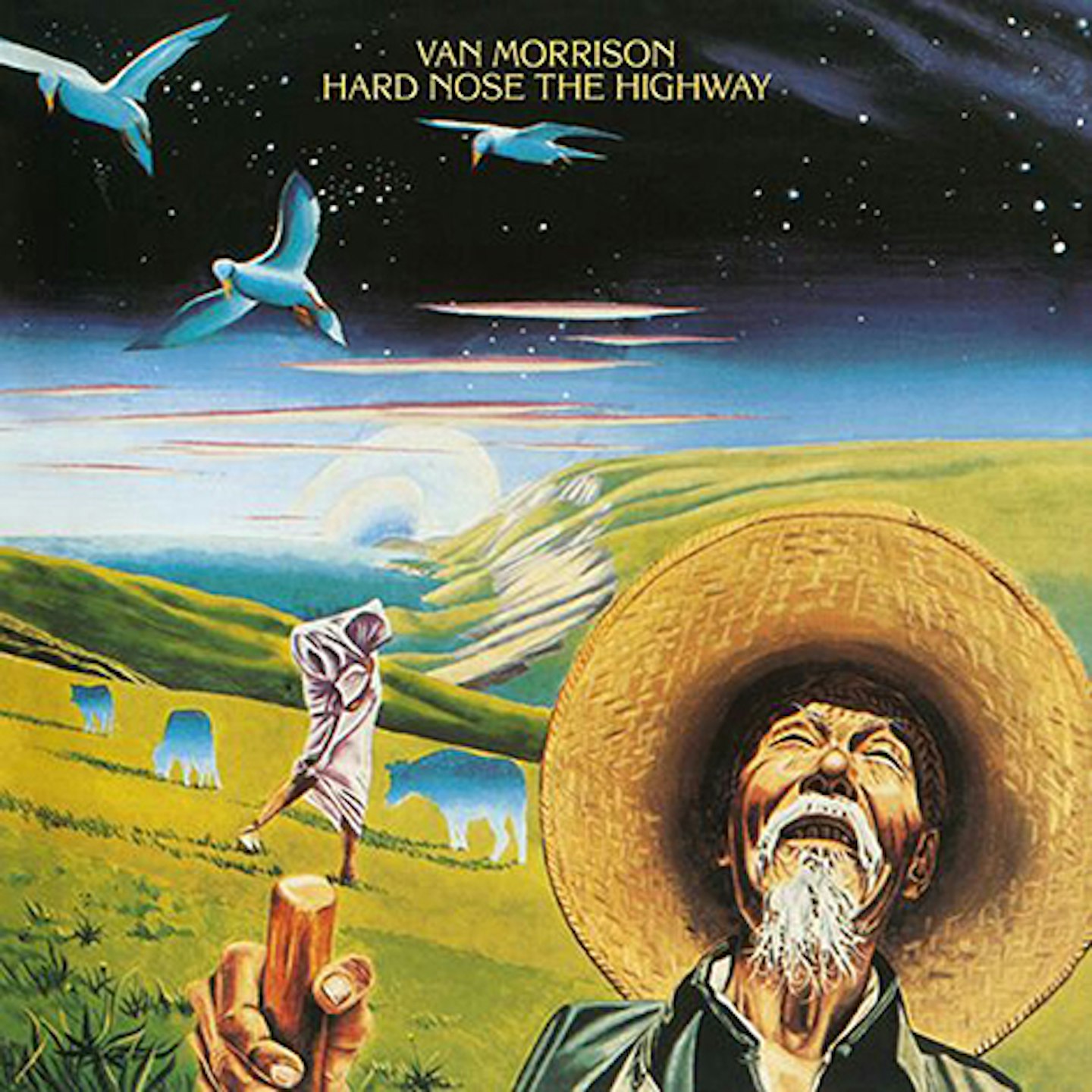
“What’s he been doing?” asked Charlie Gillett, in the September 1973 issue of Let It Rock, “Listening to Brahms?” Dismissing the “ugly” sleeve and riddling title (“I give in!”) Gillett hammered Morrison’s seventh for its “flabby” lyrics, “boring vocal[s]” and “lack of… melodic focus”. Others were less unkind, but coming off the back of a run as strong as Astral Weeks, Moondance, and Saint Dominic’s Preview, Hard Nose The Highway was widely regarded as not up to snuff. Yet, unmoored from the past and floating in the pastoral prog dreamscapes of its Rob Springett-designed cover, it delights like few other Van Morrison LPs – bittersweet memories of teen romance (Warm Love), the Summer of Love (The Great Deception), and nights at Belfast picture-houses (Wild Children) unfolding like life reminiscences within an autumnal jazz setting.
Best track: Warm Love
15.
Captain Beefheart & His Magic Band
Bluejeans & Moonbeams
(Mercury, 1974)
True, a makeshift Magic Band back the Captain on this 1974 outing, but why on earth do some Beefheartians still think they were unable to cast spells of their own? The faithful may have cried betrayal, but Bluejeans & Moonbeams till holds its own slick allure. With the Magic Band mutinied, session pros smoothed out Don Van Vliet’s edges, draping his surreal croon in plush proto yacht-rock arrangements (the sublime Observatory Crest glides like a lost FM gem). Absent are the angular blues mutations of old, but in their place hangs a melancholic haze. A record peppered with moments of eerie, accidental beauty which both Kate Bush and Mercury Rev have declared an inspiration.
Best song: Observatory Crest
14.
Curtis Mayfield
Got To Find A Way
(Buddah, 1974)
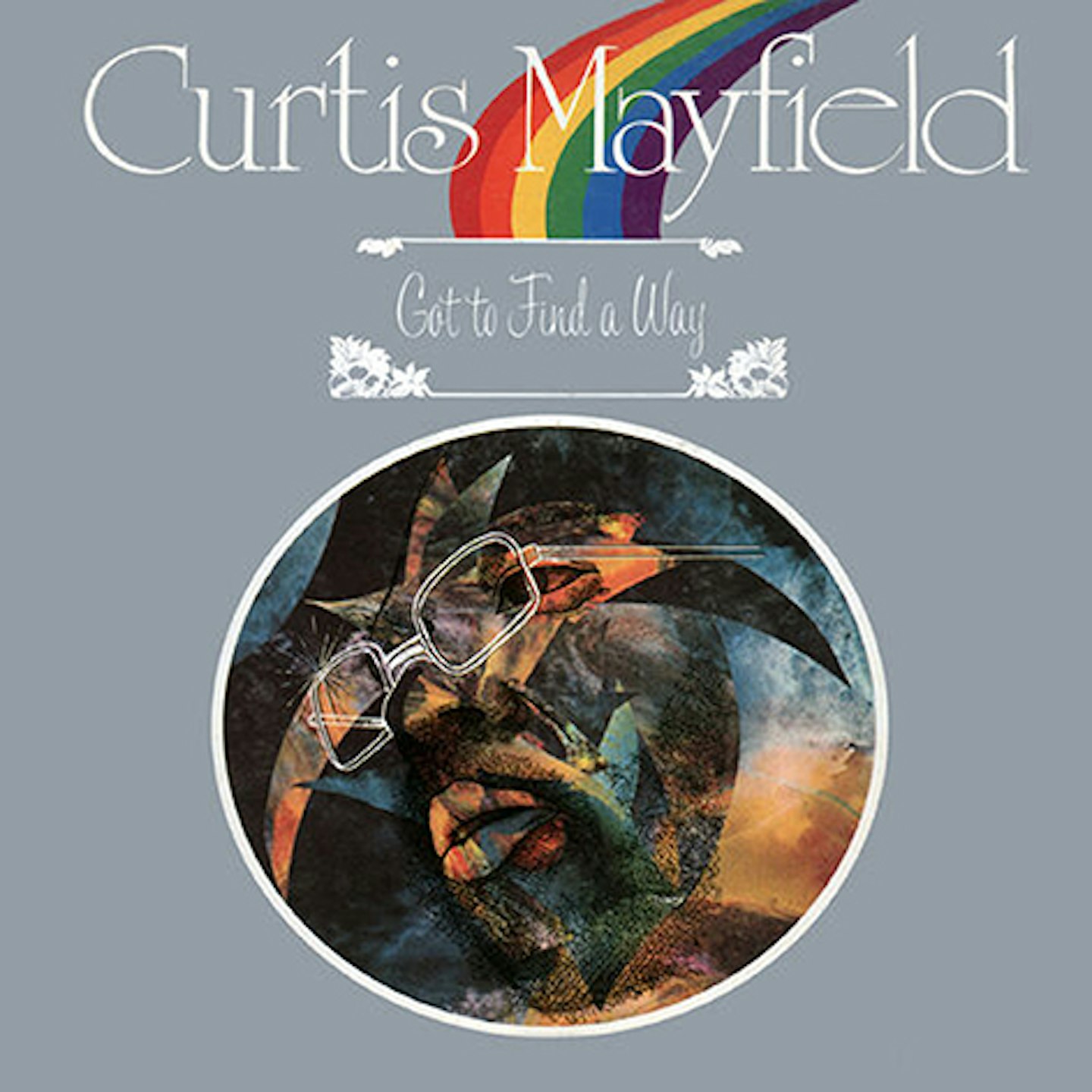
In many respects, on Got To Find A Way, Curtis Mayfield was the victim of his own success. Much like Stevie Wonder (see number nine) he’d put out a run with his first five solo LPs that were of a quality anyone would struggle to maintain. Less overtly socially conscious than Superfly perhaps, and more meditative than Back to the World, it’s an overlooked gem than finds Curtis in a silkier, moodier space. Poignant ballads (So You Don’t Love Me, A Prayer), guitars starring on syncopated funk cuts (Love Me (Right In The Pocket)), standout Cannot Find A Way asking questions about racial harmony and poverty yet to be answered – this alleged runt is actually a logical, satisfying bridge to 1975’s There’s No Place Like America Today.
Best track: Cannot Find A Way
13.
The Rolling Stones
Black And Blue
(Rolling Stones Records, 1976)
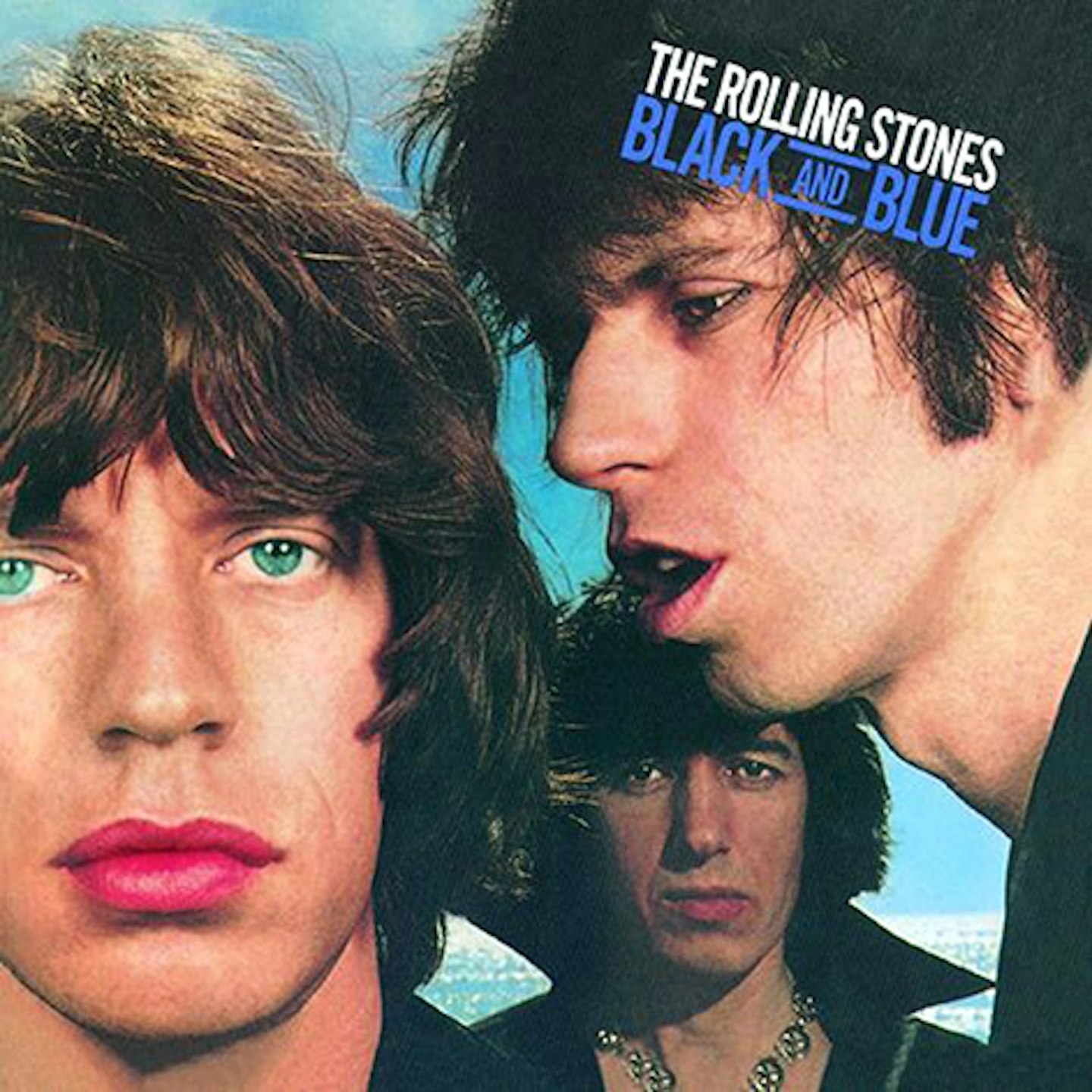
With punk looming, The Rolling Stones were facing irrelevance, and while their 13th album matched its predecessor It’s Only Rock ’n Roll’s Number 2 chart position, the critical mauling it received seemed to confirm as much. However, while at the time Black And Blue might have felt like the Stones at their most directionless following the departure of Mick Taylor (Ronnie Wood was in situ by the record’s completion), it’s also them at their loosest. Mick Jagger had spoken dismissively of “the typical Rolling Stones sound” and aided by stand-ins Wood, Wayne Perkins and Canned Heat’s Harvey Mandel (plus Billy Preston and Nicky Hopkins on keys), the record largely leans instead towards heavy funk and nocturnal R&B grooves. Without Taylor’s melodically precise lines, Keith Richards’ intuitive riffing leads things along and his genuine understanding of reggae means the likes of Cherry Oh Baby convincingly skank with an authenticity that - to the man - all of their contemporaries would fudge. Fool To Cry, meanwhile is one of the Stones greatest ballads. There was life in the Stones yet.
Best track: Fool To Cry
12.
Can
Out Of Reach
(Harvest, 1978)
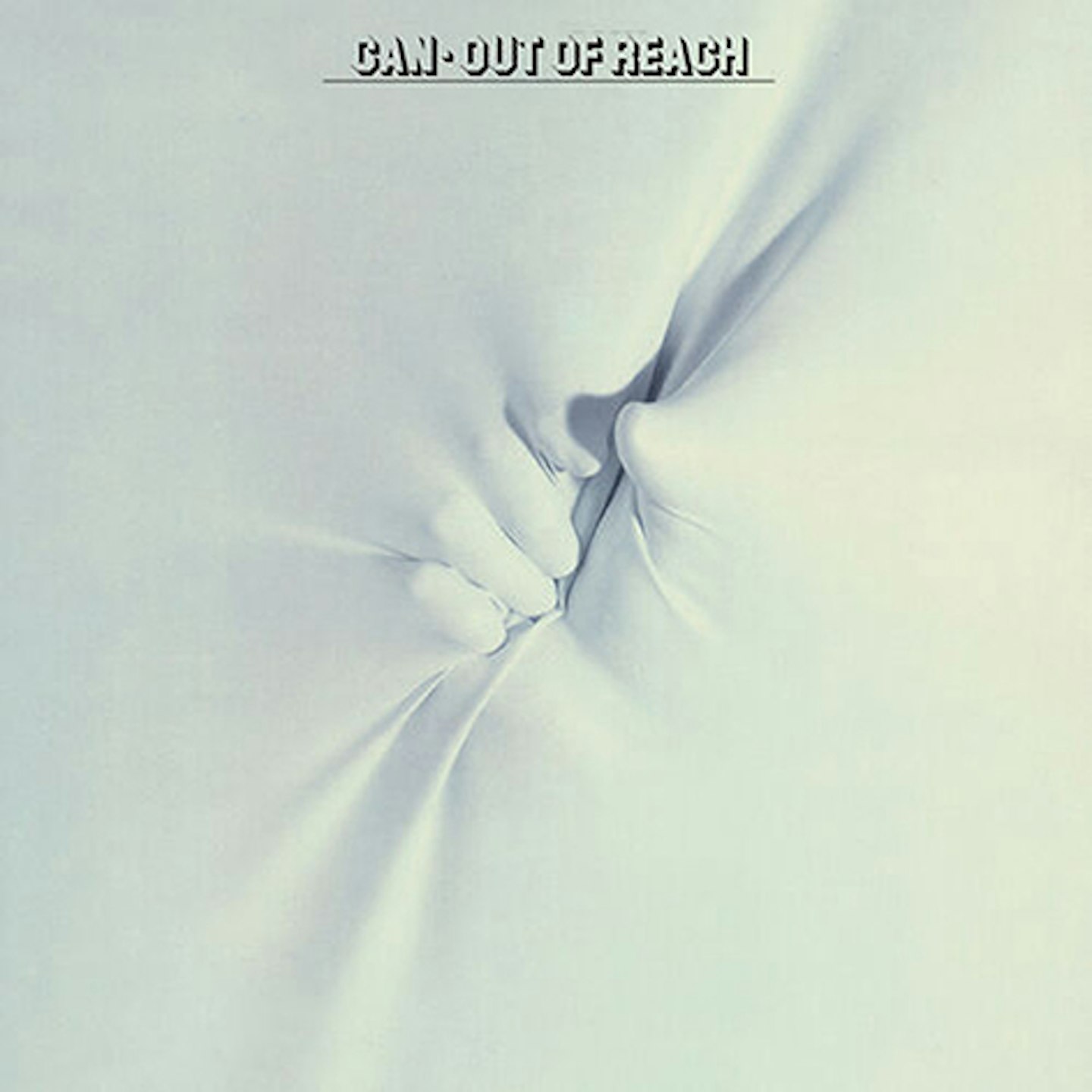
When Can’s ninth album was released in 1978, it sold respectably and even landed a positive review in the NME, but its creators quickly disowned it. Keyboardist Irmin Schmidt called it “pathetic” and “hysterical,” and likened his own playing to MOR cheeseball Richard Clayderman. True, Can’s improvising super-chemistry had been disturbed by the departure of bassist/tape editor Holger Czukay, but their capacity for unique creation was not so easily dispelled. Out Of Reach is unrestrained to the point of dissipation, drunkenly alighting on densely layered latin grooves and strutting disco, dropping in nursery rhymes, jamming experiments and even some swampy pop. Anyone who’s braved Tago Mago and Monster Movie owes it to themselves to hear the gobsmacking Like Inobe God.
Best track: Like Inobe God
11.
The Beach Boys
L.A. (Light Album)
(Brother, 1979)
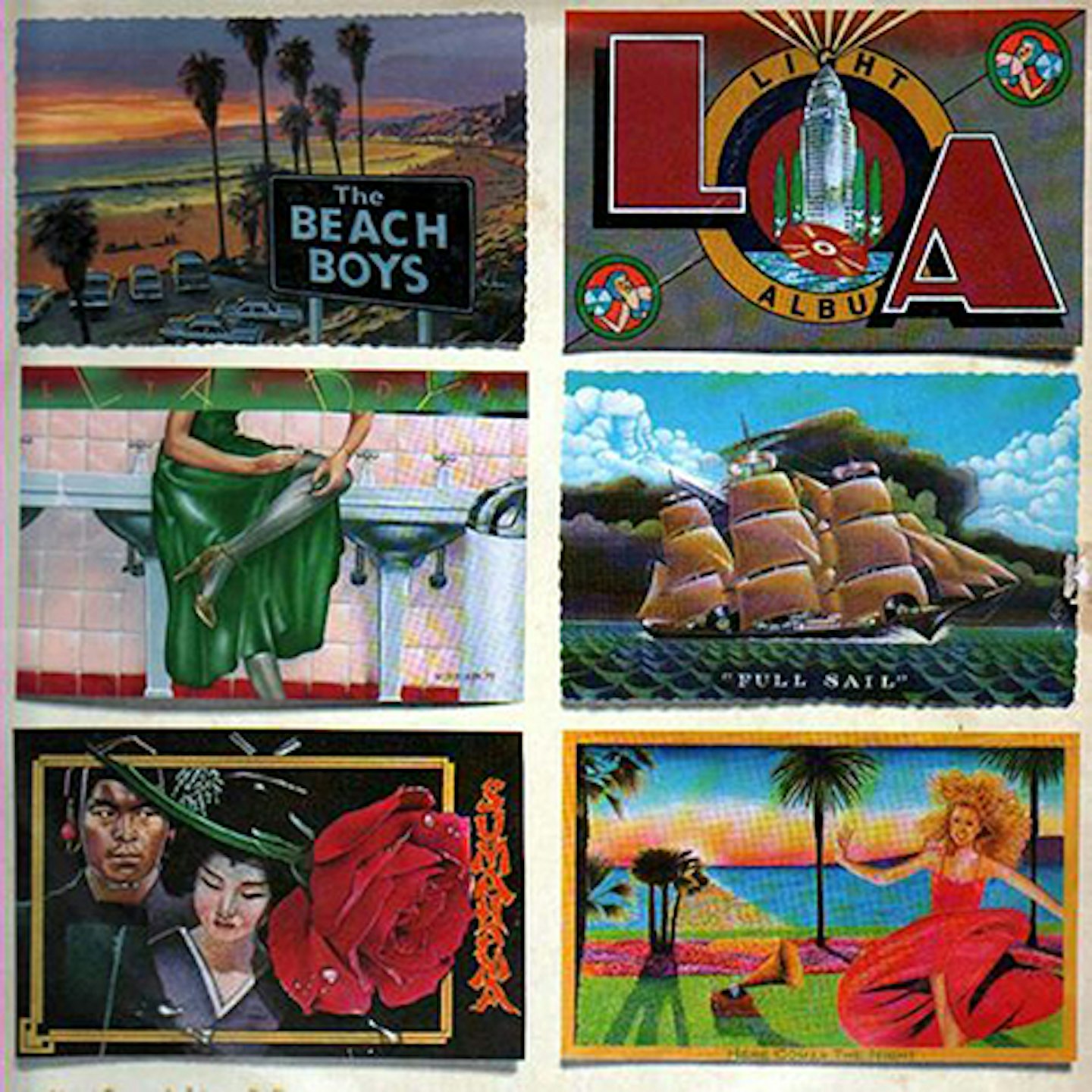
We now rightly think of The Beach Boys as makers of some of the most exquisitely beautiful music ever recorded. However, once their mid-60s wave had broken, the group tended to fall on the wrong side of the hip critical consensus, particularly in the US. Not ones to mince their words, Rolling Stone magazine deemed the band’s 23rd album “worse than awful”. It’s not. In fact, L.A. (Light Album) is filled with precisely the sort of sumptuous, soulful MOR that has since earned the likes of Surf’s Up and Holland their statuses as overlooked classics. Carl and Dennis Wilson bring the huskily sung ballads (Full Sail, Baby Blue, Love Surrounds Me), while Brian’s one co-write (Good Timin’) is a gorgeous polished-up mid-‘70s demo. A more craven bid to cash in on a current trend, perhaps, but in the full 11-minute version here, the disco-cribbing Here Comes The Night is an absolute banger, too.
Best track: Baby Blue
10.
Led Zeppelin
In Through The Out Door
(Swan Song, 1979)

With Jimmy Page and John Bonham self-destructing and Robert Plant reeling from the death of his five-year-old son, Karac, Led Zeppelin regrouped in disarray for a last stand largely led by the usually unassuming John Paul Jones. Shock result: an accessible variety pack of retro, world and synth-prog which laid out a lot of the ground Plant would later explore in his lauded solo career. In The Evening is a stomping riffzilla, Fool In The Rain a virtuoso, samba-flavoured highlight while All My Love mourned Karac with aching grandeur. Zeppelin’s Abbey Road.
Best track: In The Evening
9.
Stevie Wonder
Stevie Wonder’s Journey Through “The Secret Life Of Plants”
(Tamla Motown, 1979)
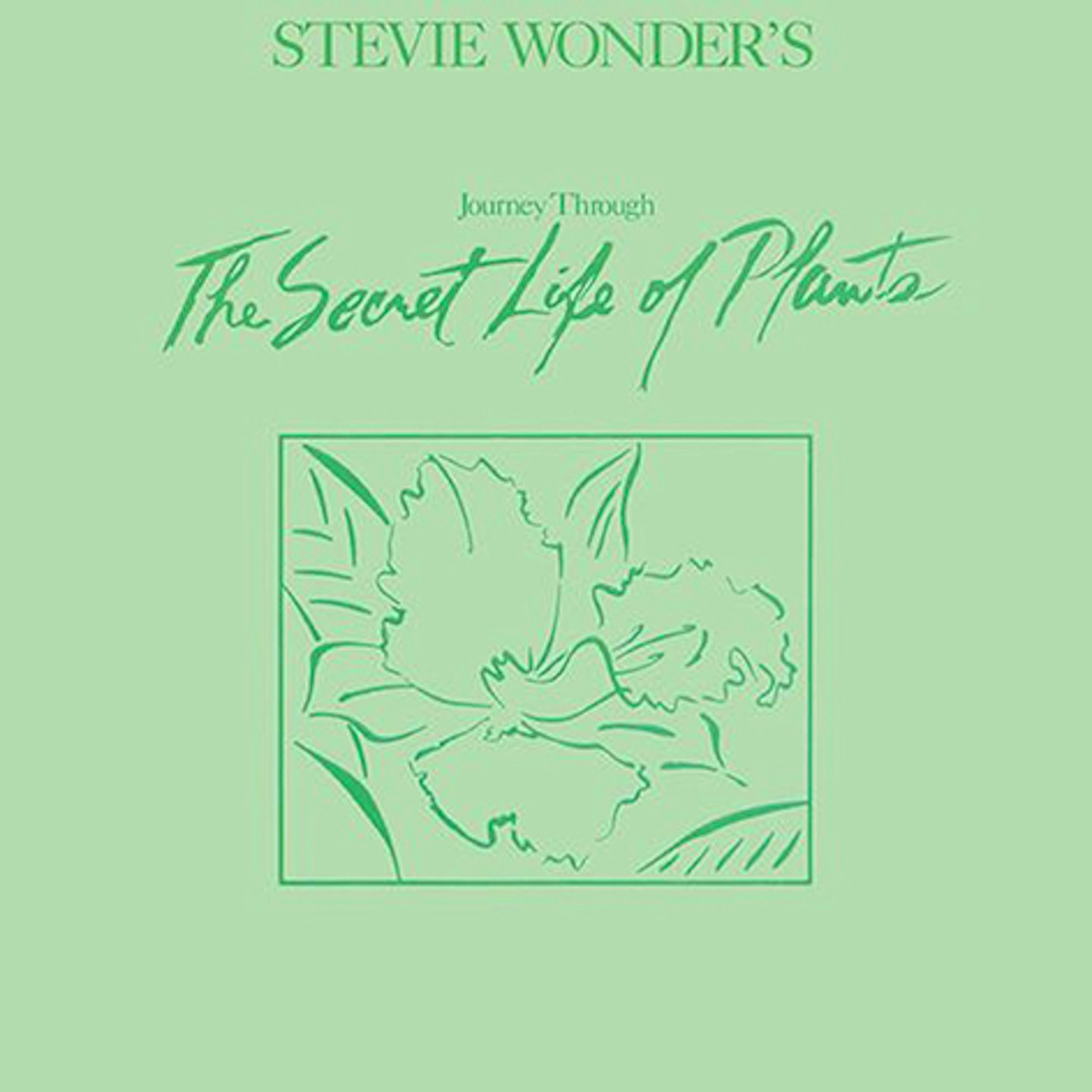
Stevie Wonder followed six straight early ’70s masterpieces with a three-year hiatus, a silence broken by this semi-instrumental soundtrack to a nature documentary which left fans cold. But Secret Life… captures Wonder at his most playful and unguarded, inspired by new technology (the first commercially-available sampling synthesiser) and the far-out messages of the movie, which filmmaker Michael Braun had to describe frame-by-frame to him. The instrumentals saw a lone Wonder indulge his wildest composer fantasies and while the horticultural theme running through the lyrics wears thin by the goofy ‘plants-can-feel’ title track, nine-minute proto-house banger Race Babbling spun a potent political metaphor. Wonder admits Secret Life... – a favourite of his own albums – was “experimental… [I was] challenging myself.” Certainly, he was never so adventurous again.
Best track: Power Flower
8.
Neil Young
Trans
(Geffen, 1982)
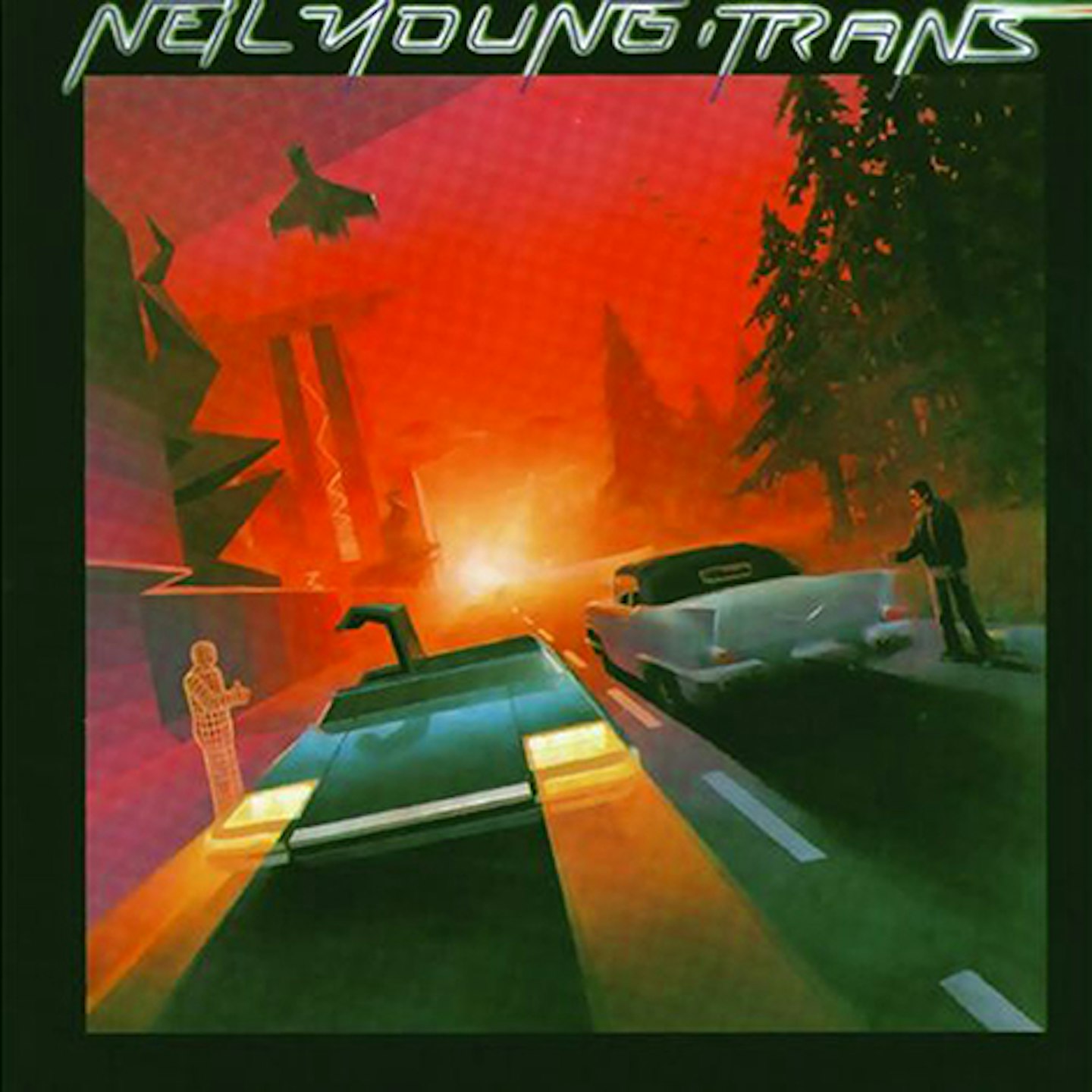
That Trans, along with the rockabilly pastiche of its follow-up Everybody’s Rockin’, led Geffen records to try and sue Neil Young for deliberately making “non-commercial” and “unrepresentative” albums would suggest that champagne corks probably weren’t popping when he delivered his heavily vocoder-ed, Kraftwerk-inspired 13th album. However, there’s a fair-to-rocking album dispersed amid Trans’ synthesized DNA and a knowledge of its background makes it resonate way beyond any ‘standard’ Neil Young record. In seeking to communicate with his cerebral palsy-stricken son Ben, who was unable to speak, Young mustered some of his greatest naive melodies and most personal lyrics. Rendering them practically unintelligible was just part of the program.
Best track: Computer Age
7.
Queen
Hot Space
(EMI, 1982)
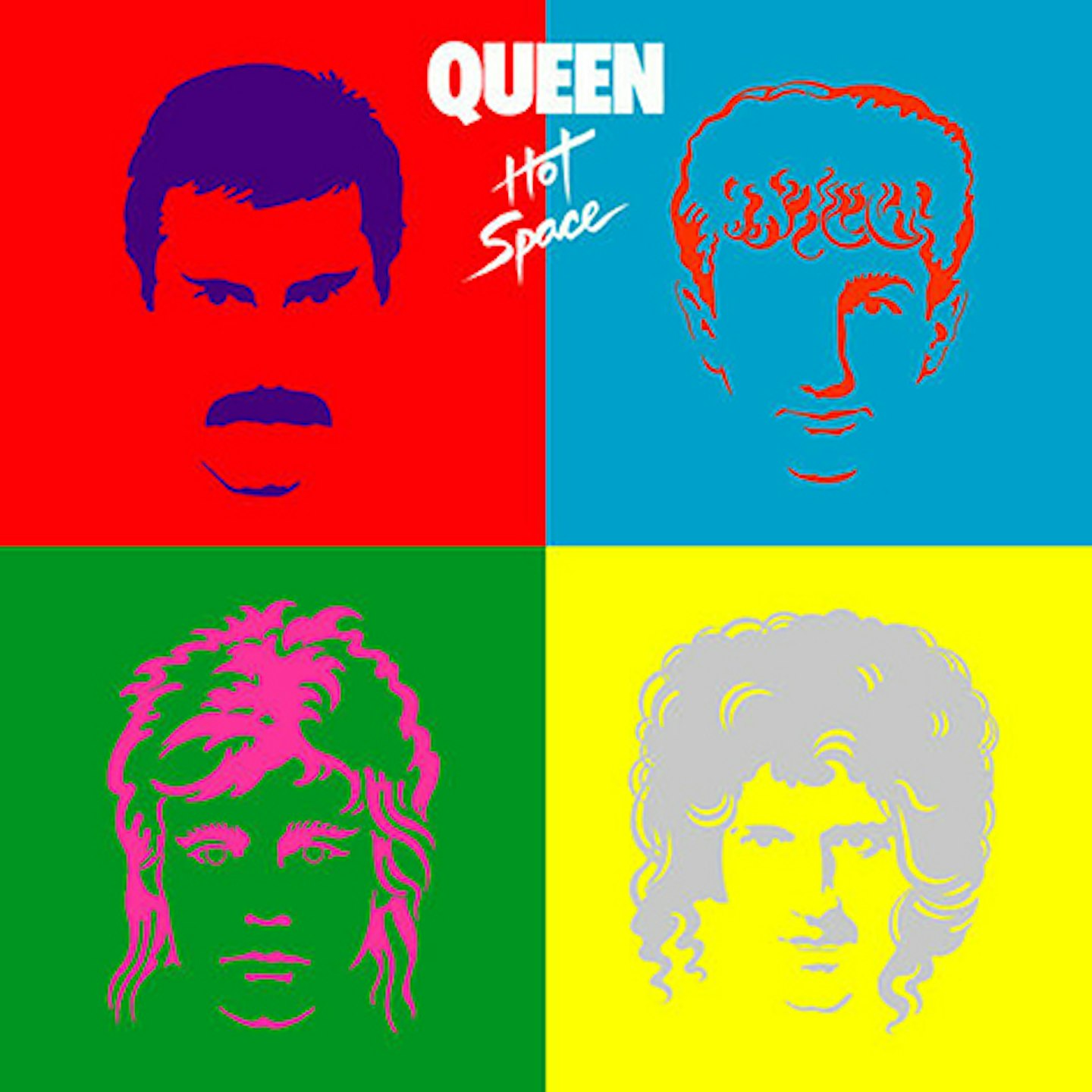
Queen’s tenth album sold in its millions but band and fans soon declared Hot Space a gaffe. They’re wrong: splurging electronic, needs-a-cold-shower funk and R&B on side one (the minimalist sex disco of Body Language is nuts) and tending to rock and balladry on side two: this was Queen’s last great statement before cuddliness and age set in. Brian May and Roger Taylor wrestled back more rockist control for 1984’s The Works but the band would never surprise like this again. And really, can any record that features the vocal showboating of Bowie duet Under Pressure ever be considered a dud?
Best track: Under Pressure
6.
Pink Floyd
The Final Cut
(EMI, 1983)
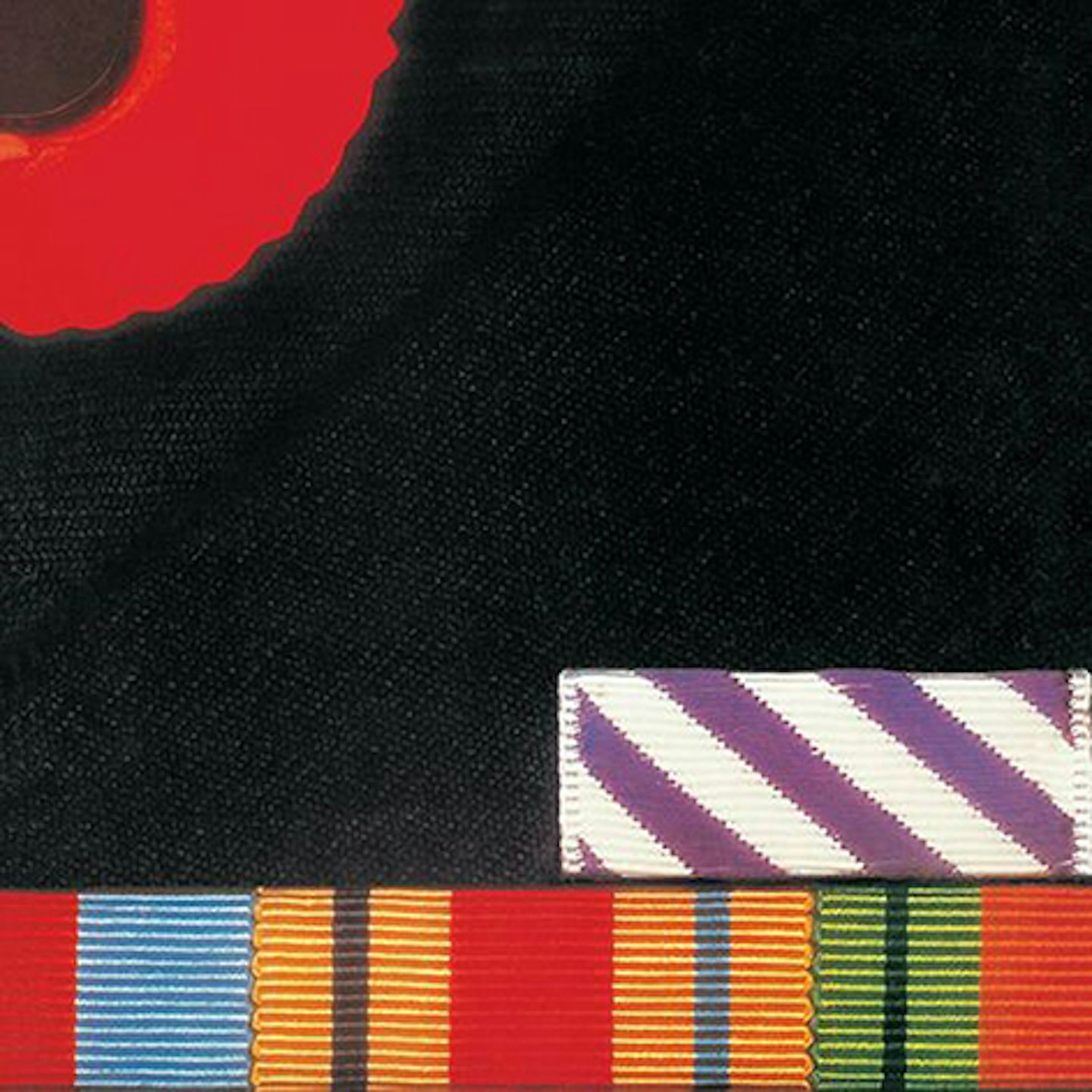
An anti-war album borne of open attrition between a tyrannical Roger Waters and David Gilmour, Waters’ final album in command of Pink Floyd is generally thought of an aberration among the band’s canon - solely and vituperatively midwifed by a control freak having another of his turns. Yet Gilmour’s antipathy towards what he saw as reheated offcuts from The Wall and reigned back input became The Final Cut’s saving grace. Waters’ simple yet wounded and questioning songs (it took him just two minutes to call-out ‘Maggie’ for the Falklands on opening track The Post War Dream) were rendered relatively unadorned by Floyd’s previous standards and coloured raw crimson by the lingering fallout from his father’s death in World War Two. Yes, it’s bleak and embittered, but that’s surely the point?
Best track: The Fletcher Memorial Home
5.
Empire Burlesque
Bob Dylan
(Columbia, 1985)
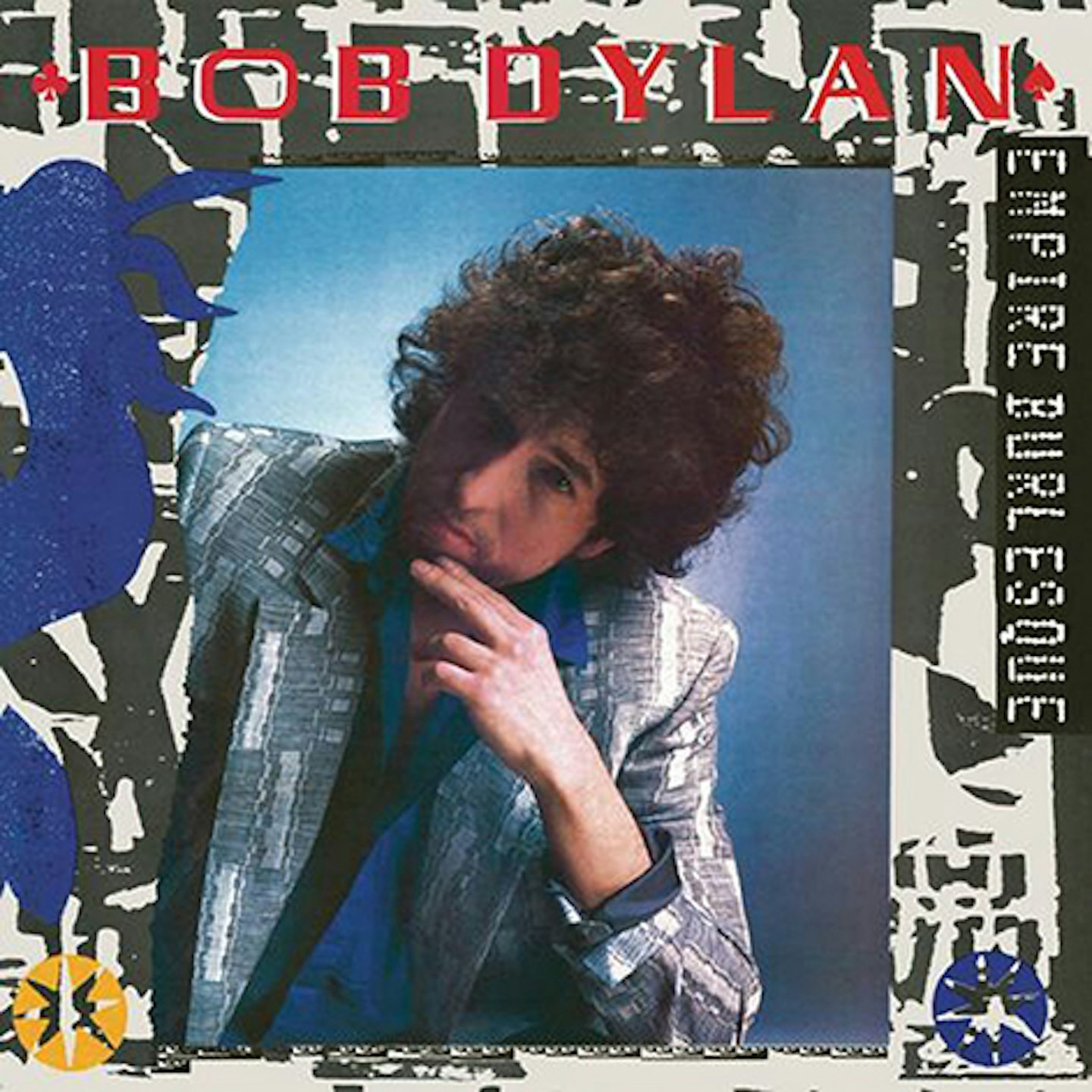
But his own admission, Dylan was cut adrift in the 1980s. Out of step and out of time amid the decade of oversized shoulder pads and gated snare sounds. Released in 1985, his 23rd album was smothered by hip hop pioneer Arthur Baker’s electronic percussion and synth sheen, but under the synthetic gloop, Empire Burlesque reveals a return to form in both lyrics and execution. Ace rhythm section Sly and Robbie create a breezy skank for Tight Connection To My Heart (Has Anyone Seen My Love), while Seeing The Real You At Last is an acidic a put down as Idiot Wind. Even the haters can’t deny acoustic closer Dark Eyes, a none more paired back number recorded at Baker’s suggestion which both harked back to Dylan’s Greenwich Village beginnings and pointed towards 1989’s revelatory Oh Mercy.
Best track: Dark Eyes
4.
Cut The Crap
Cut The Crap
(Columbia, 1985)
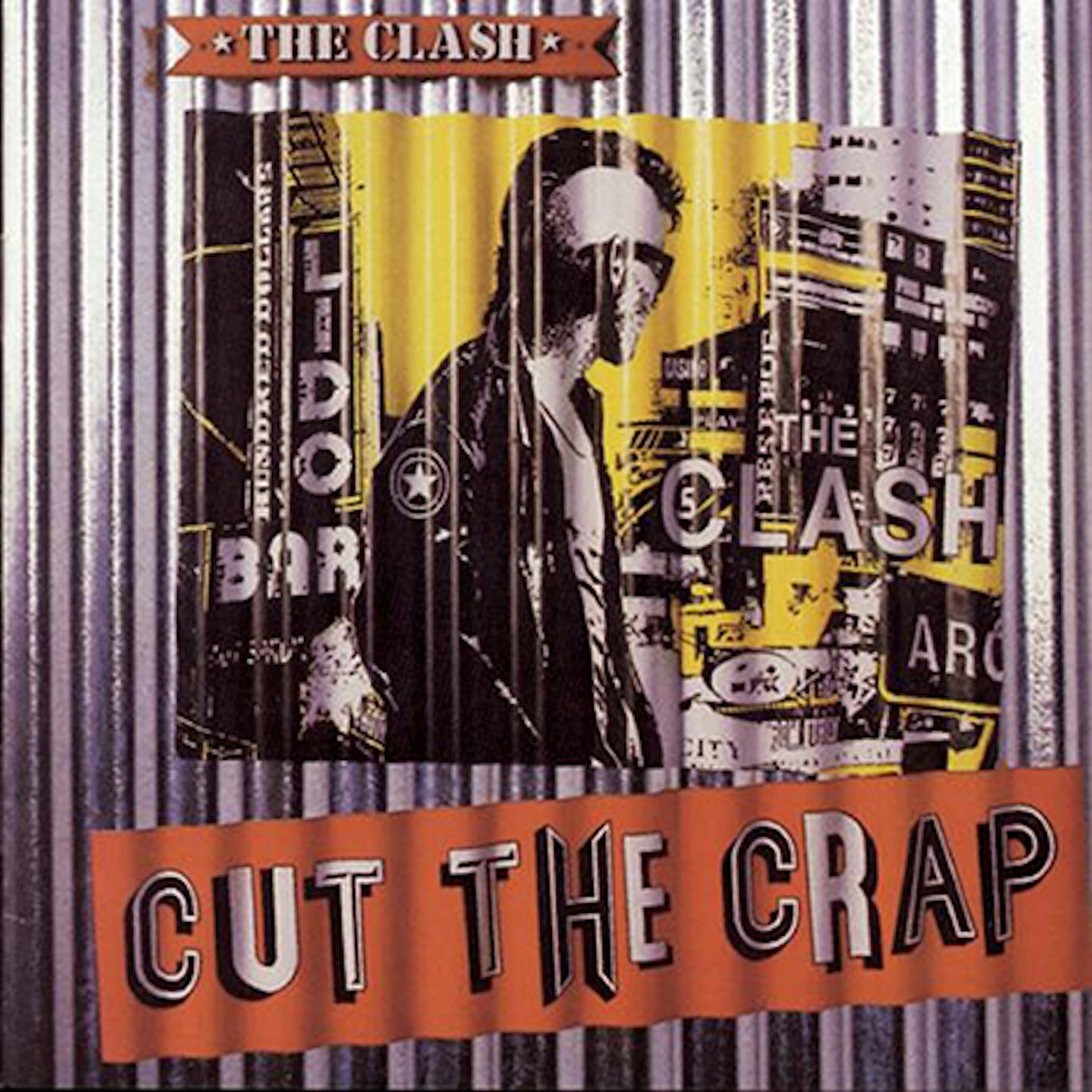
Widely regarded as a total failure - not the least by Joe Strummer - The Clash’s final album has been rigorously excluded from all Clash retrospectives ever since its 1985 release. Made without drummer Topper Headon or - more crucially – guitarist Mick Jones, the idea was to recapture the punk spirit of the previous decade (bolstered by new members Vince White, Nick Sheppard and Pete Howard, The Clash Mk2 had recently embarked on a ‘busking tour’ of Britain) while embracing the synthesisers and drum machines the 80s had to offer. While We Are The Clash’s unconvincing terrace chant failed to upset the yuppified times, the slow-burning This Is England is one of the band’s greatest ever songs: an emotional tour de force from Strummer that perfectly captured the deep unease and alienation which lay festering under the triumphalismof ’80s Britain.
Best track: This Is England
3.
David Bowie
Earthling
(Virgin, 1997)
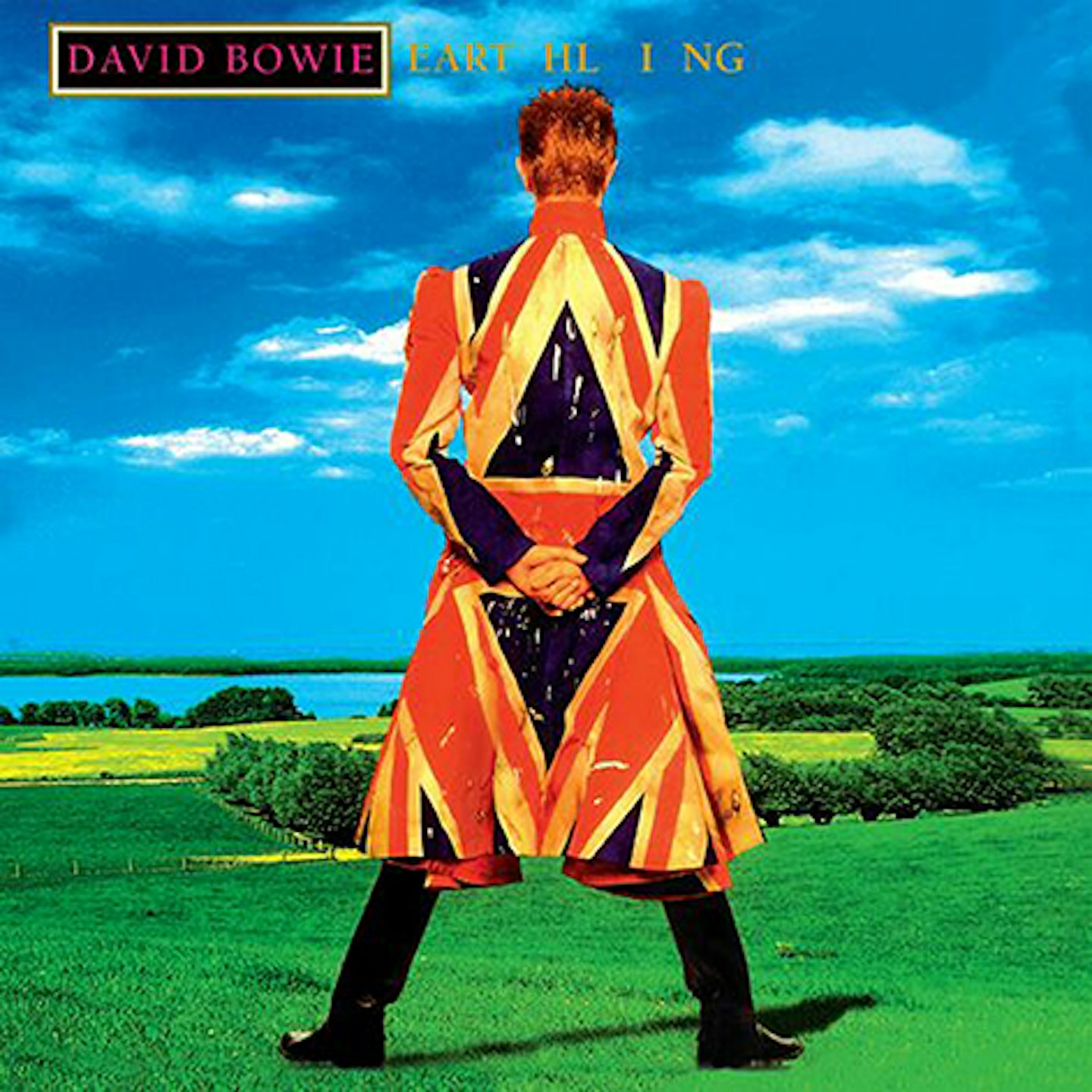
Though most of the 80s had left Bowie in an uncertain place, there were signs of resurgence in the art-funk of 1993’s Black Tie White Noise and the cyber-noir concept Outside. But facing the future was what Bowie did best, and Earthling was just that, in spades. While jungle’s raucous rhythms and shout-outs from tower block rooftops were touted as the new punk, and the likes of Goldie and Roni Size finessing it into a more broadly accessible form they’d started calling drum’n’bass, Bowie was shaping his own take. Recorded in a fortnight, it’s a brave and brilliant collage of samples, loops, 160bpm beats and trademark lyrical cut-ups (“Enter Galactic, see me to be you,” he sings on the wailing lead single Little Wonder, “It’s all in the tablets, Sneezy Bhutan.”) Critics sneered and most of his fan base were baffled, but Earthling is Bowie at his best, an experimental stand for individualism. The sound of mischief, freedom and unfettered fun, a Bowie for a new generation.
Best track: Little Wonder
2.
Paul Simon
Songs From The Capeman
(Warner Brothers, 1997)
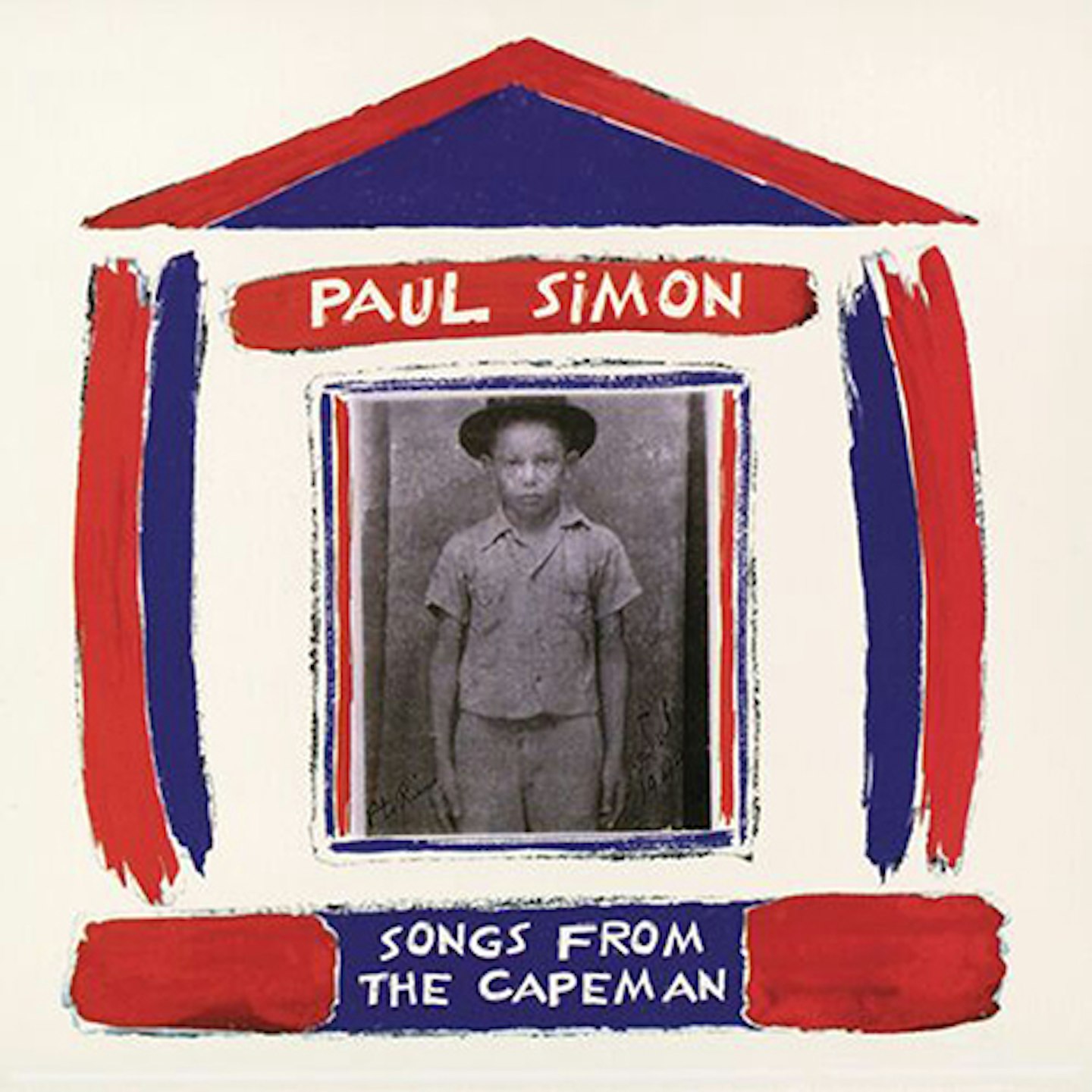
Who would have guessed that Paul Simon’s controversial Broadway musical about a black-caped Puerto Rican teenage murderer would be such a spectacular flop (it lost $11m)? For whatever reason, it certainly wasn’t the fault of the music itself. Not only does the enlightened mix of doo-wop, rock’n’roll, gospel and Latino stomp qualify as heroically ambitious, its poignant storytelling, diverse influences and urgent performance merits consideration alongside Simon’s finest work, Graceland included. In today’s climate of more daring musical theatre it would probably clear up.
Best track: Born In Puerto Rico
1.
Lou Reed
The Raven
(Sire, 2003)
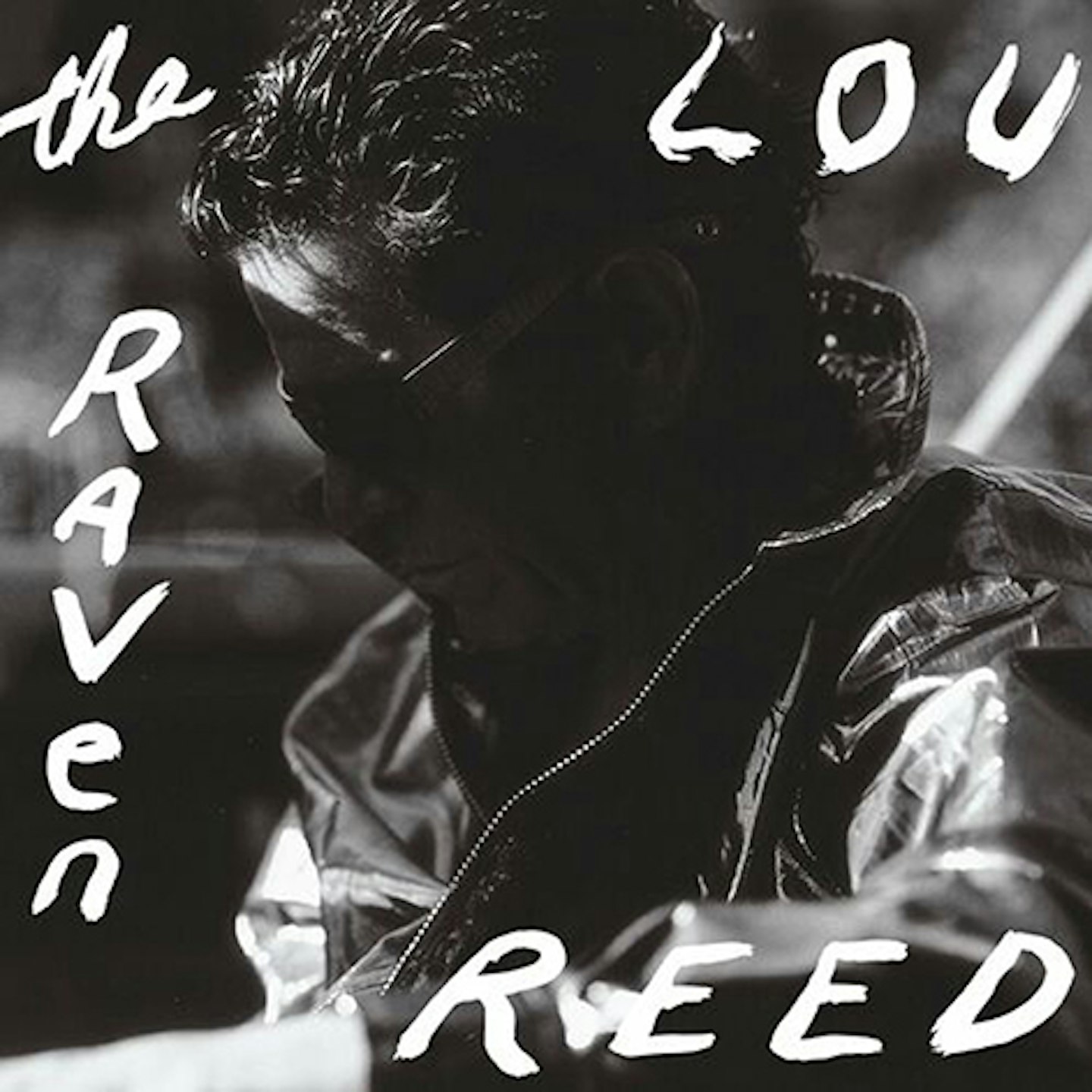
Even in a world where Metal Machine Music’s four sides of atonal feedback were actually released, 2003’s The Raven was dismissed as Lou Reed’s worst indulgence. A two-hour rock opera inspired by the works of Edgar Allen Poe, it was certainly one of his most ambitious projects. Reed enlisted an eclectic cast - Willem Dafoe sneers and cackles through The Conqueror Worm, Laurie Anderson lends eerie poise to Call On Me, Bowie drops in for a rare duet on Hop Frog - for an audacious construction splattered with adult statements and jaw-dropping glory. Reed growling, ranting and contorting Poe’s gothic visions into something which still sounds like little else.
Best track: Vanishing Act
Original list compiled by Geoff Brown, Keith Cameron, Stevie Chick, Andy Cowan, Ian Harrison, Colin Irwin, Andrew Male, James McNair, Ben Myers, Kris Needs, Mark Paytress, Andrew Perry, Paul Trynka, Mat Snow.
